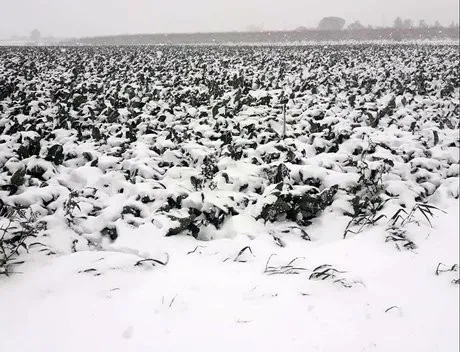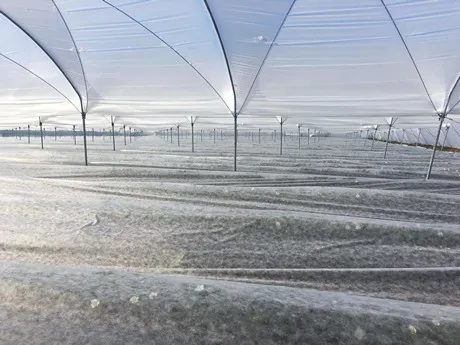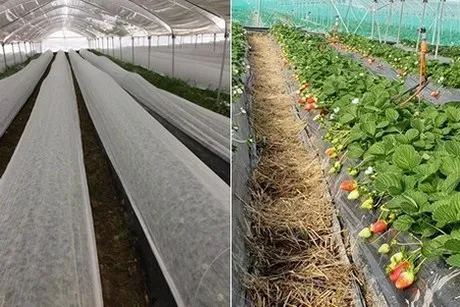Low pressure coming from Northern Europe did not affect southern Italian produce much. FreshPlaza contacted Gianfranco Romano, regional president of Coldiretti Matera, in order to better understand the current situation.
“The lower temperatures were not a big issue. Even though the temperatures reached -1.5°C, citrus fruits did not experience any problems as a temperature change is necessary for the good preservation of the fruits’ organoleptic qualities”.

“There is a similar situation regarding the horticultural produce, with the exception of vegetables like fennels and artichokes. There were minor damages for some corps in the internal areas, whereas the coastal area did not have any issues at all. Fortunately, the frost lasted 10 hours only. If those temperatures had persisted over a few days, our farmers would have had very serious problems”.

Also, the strawberries from Basilicata did not receive any damage, considering they are quite sensitive to cold climate. Carmela Suriano, one of the founders of the Candonga Club, explained, “The Metapontino strawberries did not experience any issues caused by cold temperatures thanks to the greenhouse tunnels which allowed keeping the temperature constantly above 0. Many producers further protected their plants with the non-woven fabric which works as a shield and protect flowers and fruits”.

“At the moment, strawberry crops are in a good state, with flowers and fruits ready to harvest. The moderate climate in December and November facilitated the plants' growth which entered production one month earlier than in 2018. We hope that the temperatures will not get considerably lower, otherwise, the strawberry farming in Basilicata could be heavily damaged”.
